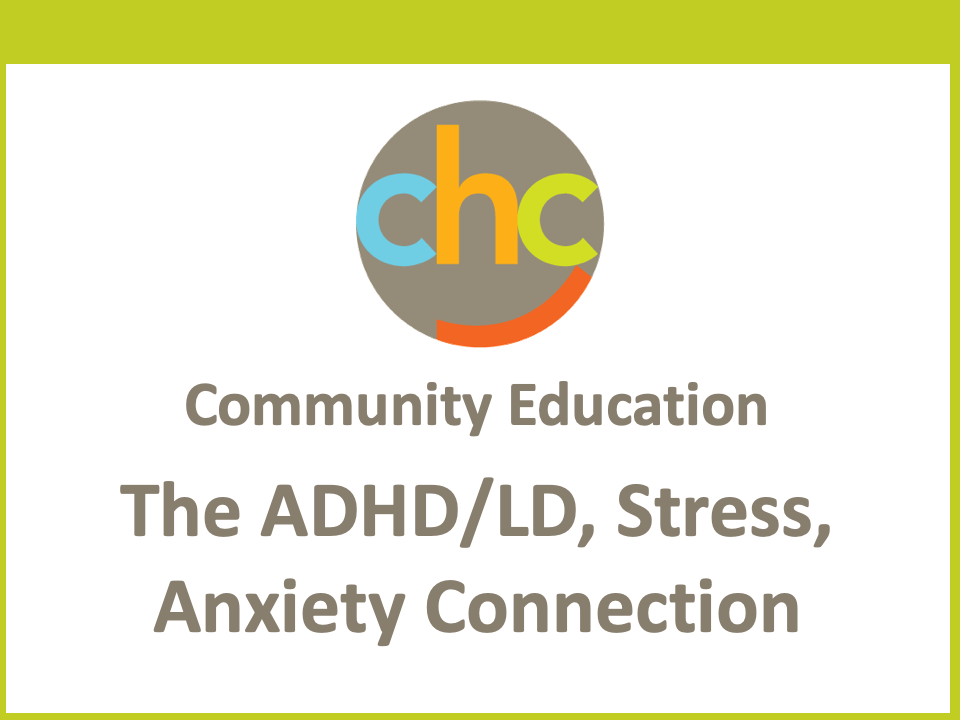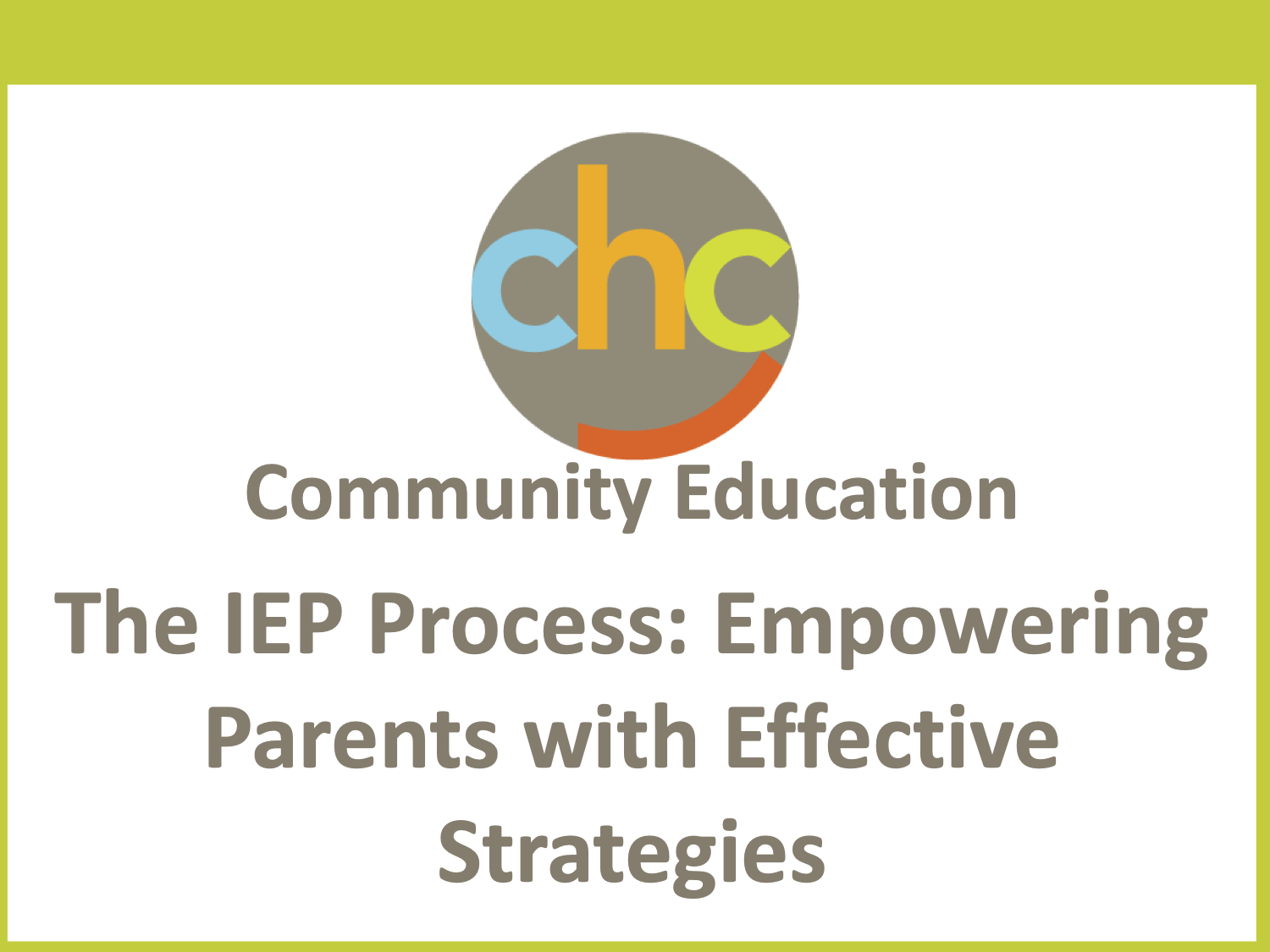Sadness and Loss During Shelter in Place [presentation] [video] [downloadable]
 Are you or your kids experiencing loss as a result of our current situation? You are not alone. Loss can produce feelings of anxiety and sadness. Hear about how the stages of grief apply to our experiences today and how loss is showing up in unique ways for all of us right now. You’ll also learn strategies that you can use to cope with these feelings of grief and loss. Read more ›
Are you or your kids experiencing loss as a result of our current situation? You are not alone. Loss can produce feelings of anxiety and sadness. Hear about how the stages of grief apply to our experiences today and how loss is showing up in unique ways for all of us right now. You’ll also learn strategies that you can use to cope with these feelings of grief and loss. Read more ›
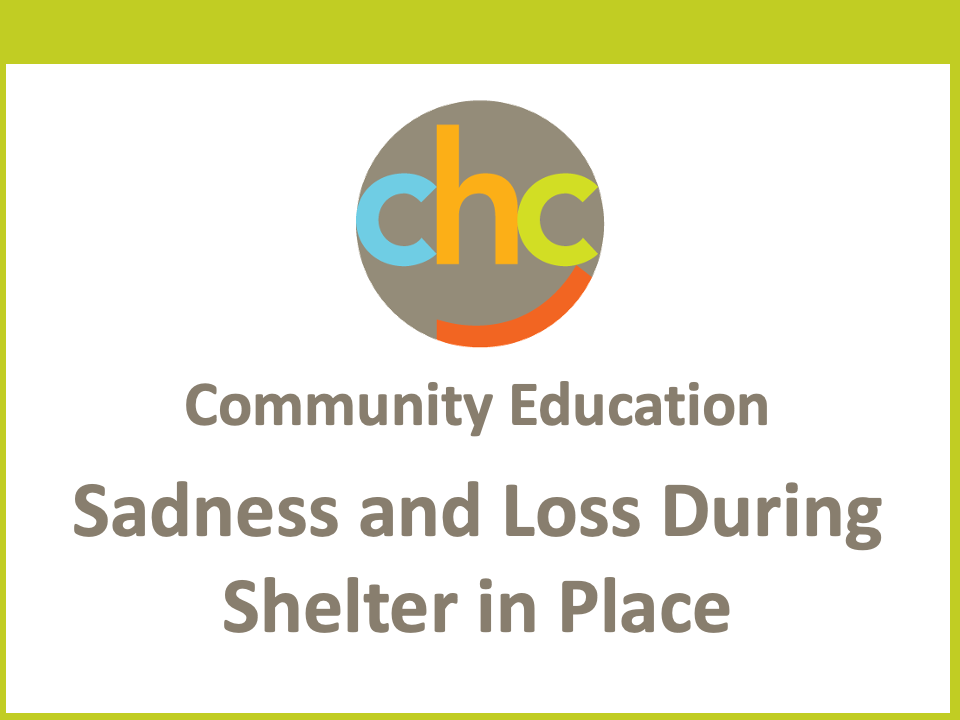

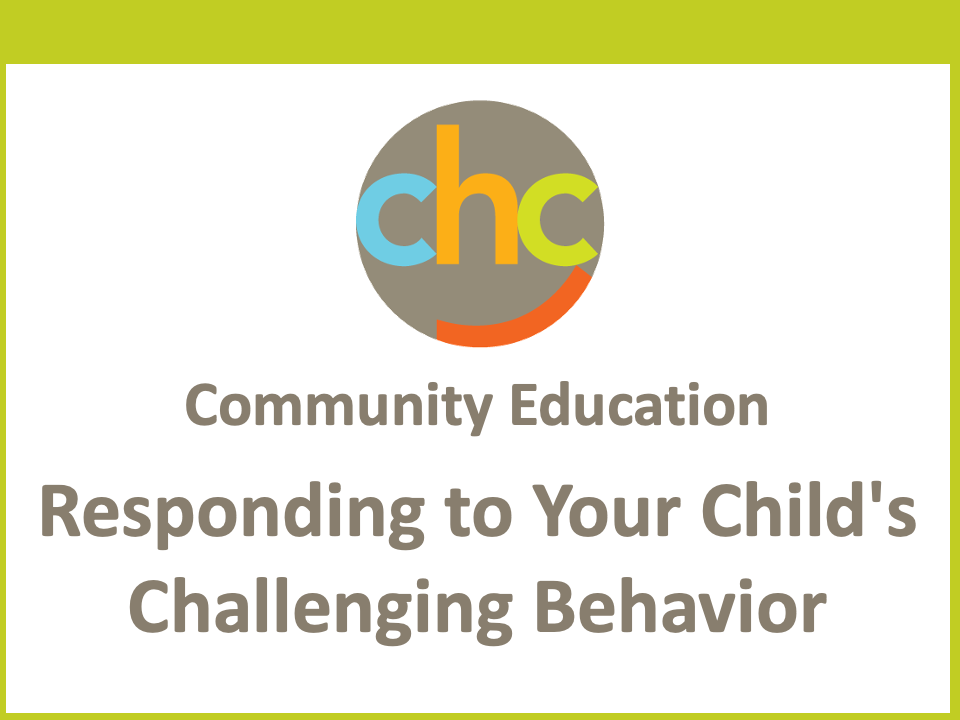

 Our kids are confronted with demands, full schedules, social pressures and even world events that result in stress. All children respond to stress in different ways – some responses are more productive than others. Discover how you can help your kids develop habits and responses that reduce their worries with mindfulness strategies.
Our kids are confronted with demands, full schedules, social pressures and even world events that result in stress. All children respond to stress in different ways – some responses are more productive than others. Discover how you can help your kids develop habits and responses that reduce their worries with mindfulness strategies. 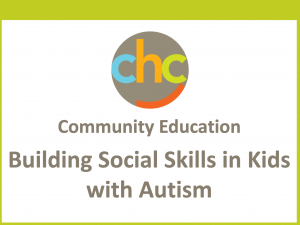 We are rarely taught explicit social rules because we are just expected to figure them out. It’s quite complicated and many children on the Autism Spectrum struggle to navigate their social worlds. Learn the strategies and explicit skills that will help your child handle social expectations in their different environments.
We are rarely taught explicit social rules because we are just expected to figure them out. It’s quite complicated and many children on the Autism Spectrum struggle to navigate their social worlds. Learn the strategies and explicit skills that will help your child handle social expectations in their different environments. 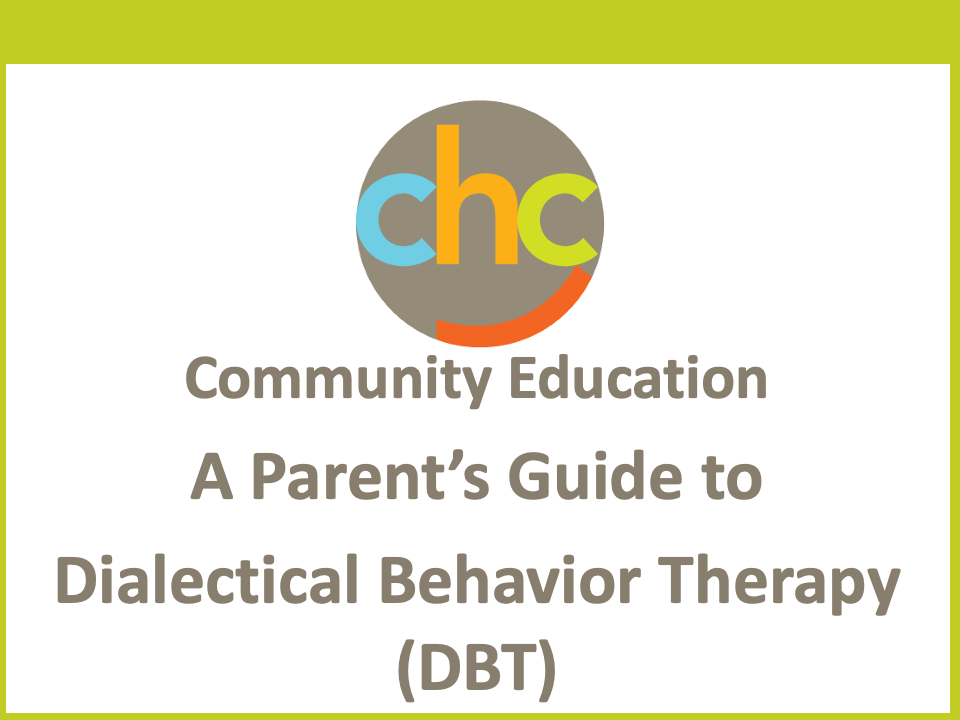


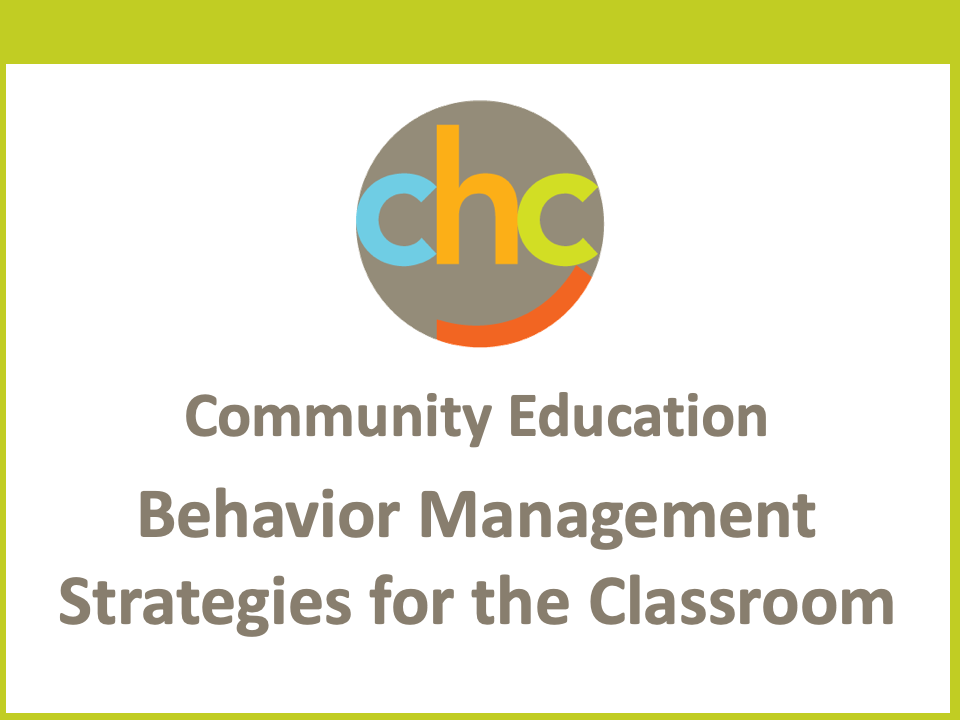
 Behavior management can be one of the biggest challenges that teachers face. How do you as a teacher navigate all of this to effectively support students and create a classroom where your students feel safe and accepted? Learn some effective strategies to manage behavior in the classroom from Jody Miller, MEd, BCBA, Head of Esther B. Clark Schools at CHC, and
Behavior management can be one of the biggest challenges that teachers face. How do you as a teacher navigate all of this to effectively support students and create a classroom where your students feel safe and accepted? Learn some effective strategies to manage behavior in the classroom from Jody Miller, MEd, BCBA, Head of Esther B. Clark Schools at CHC, and 